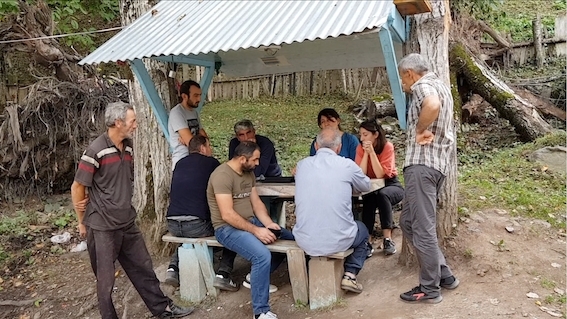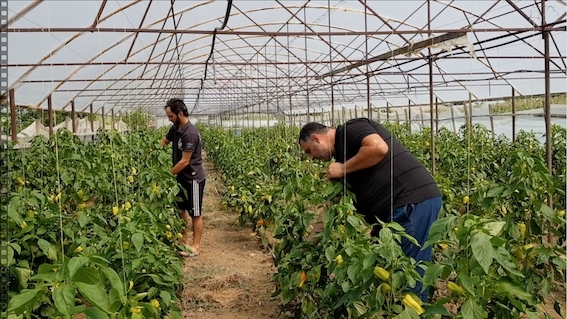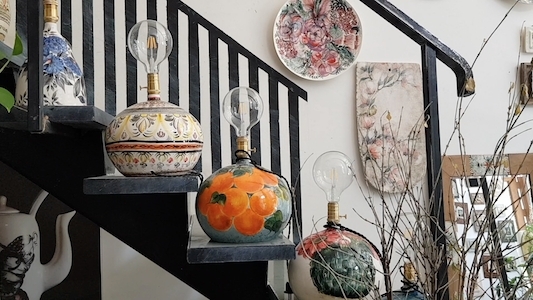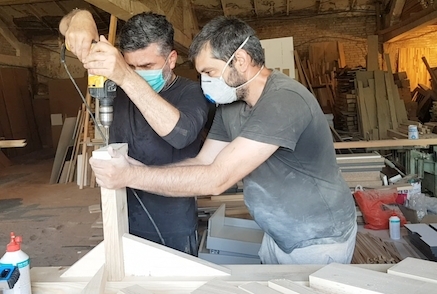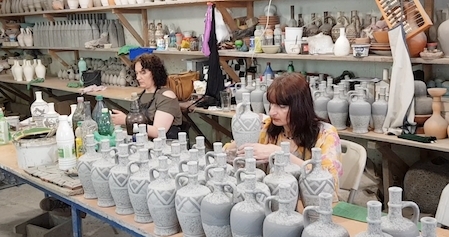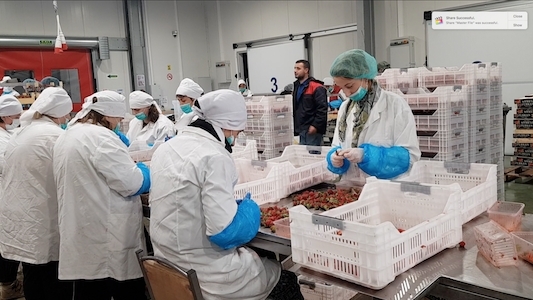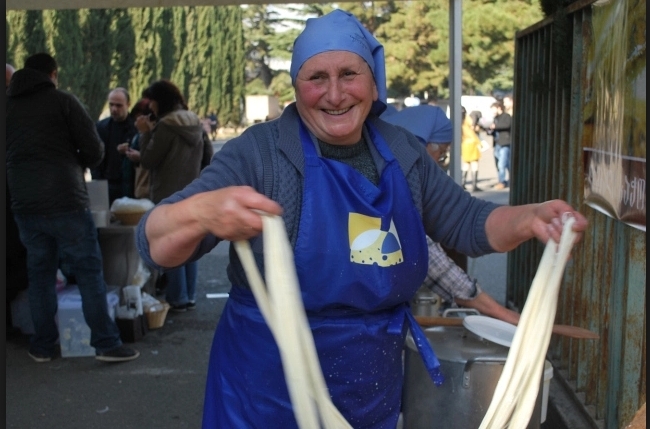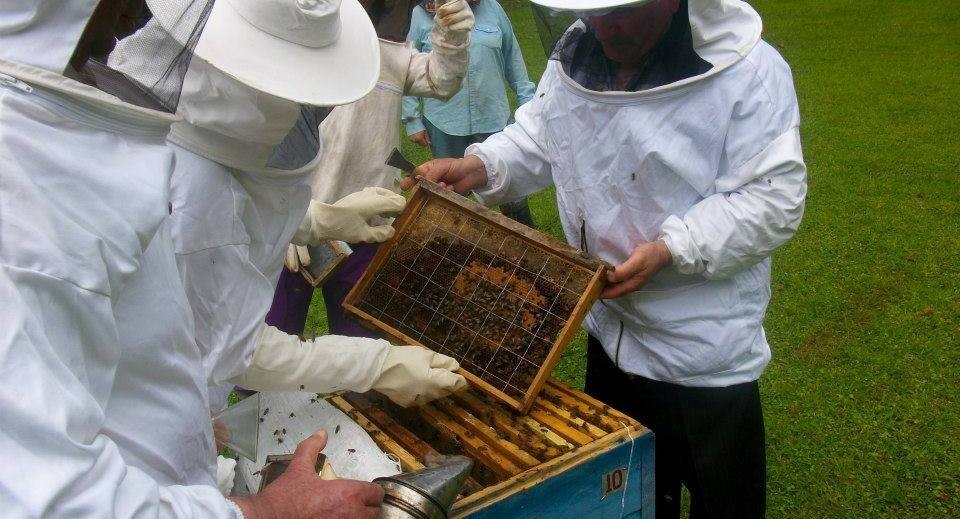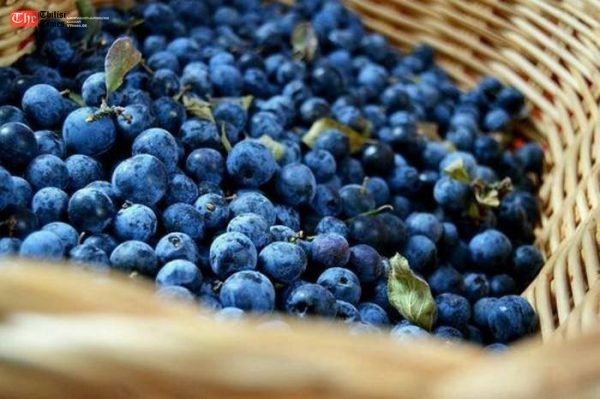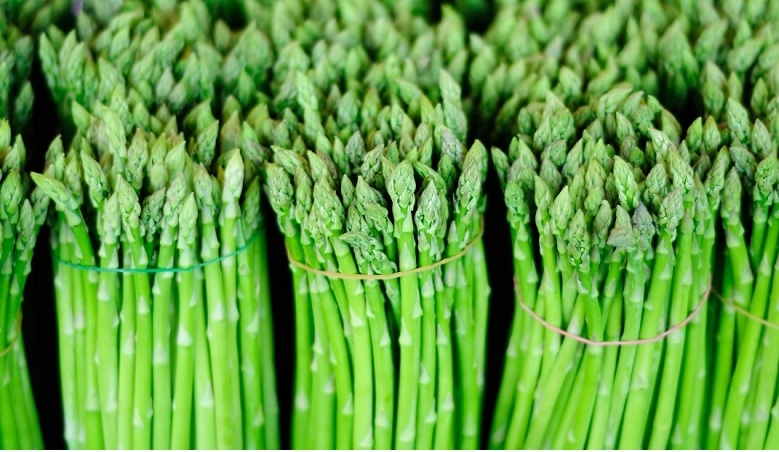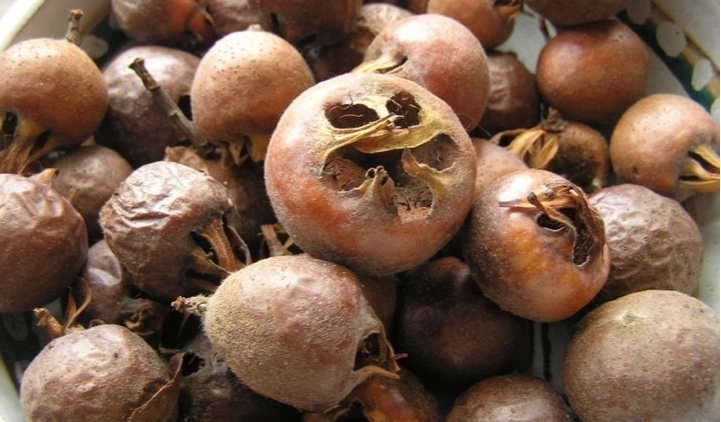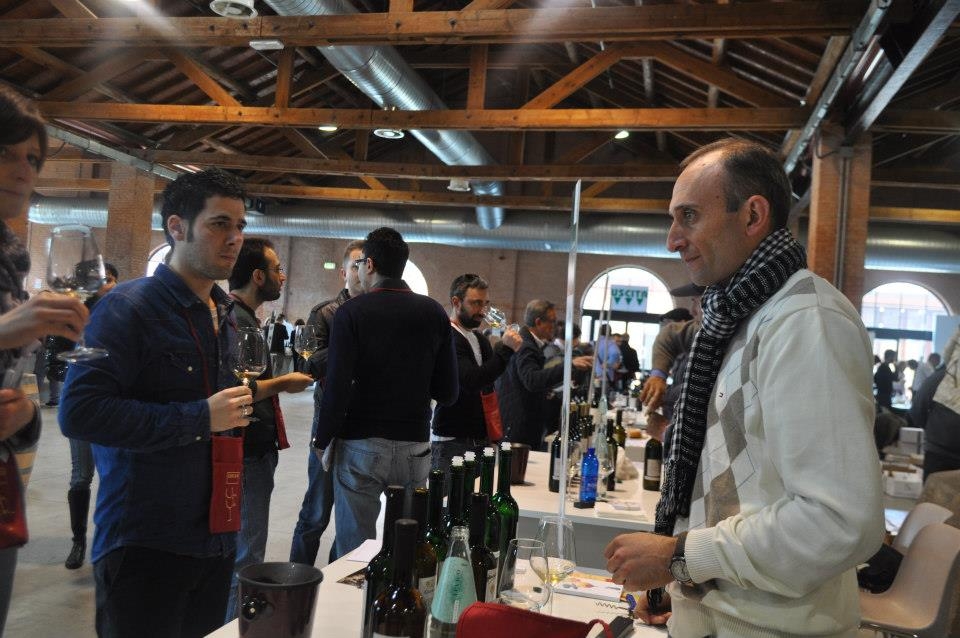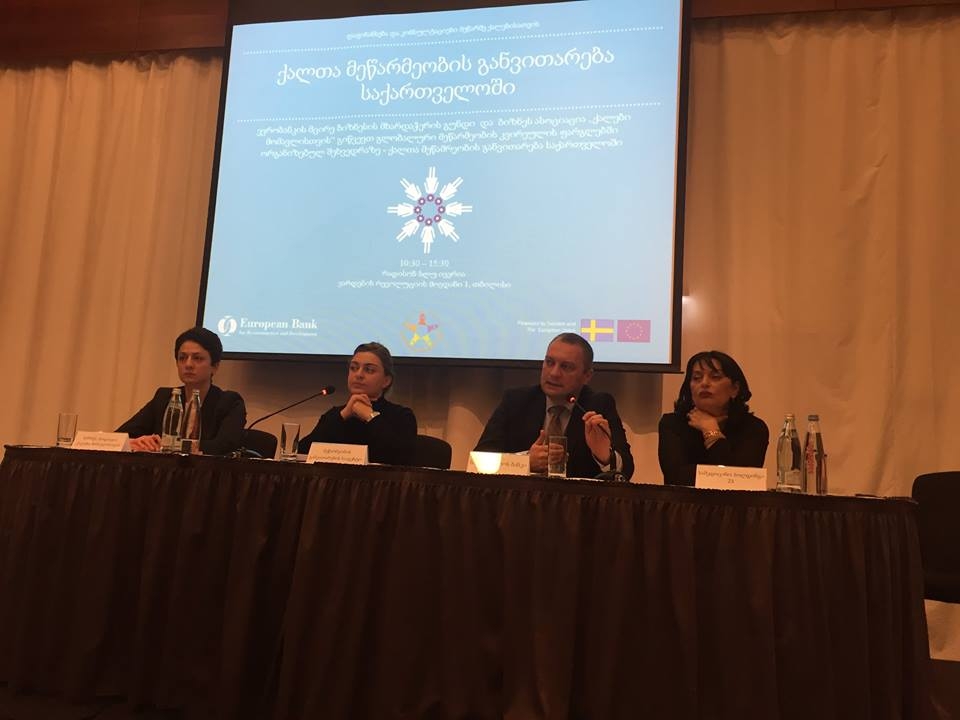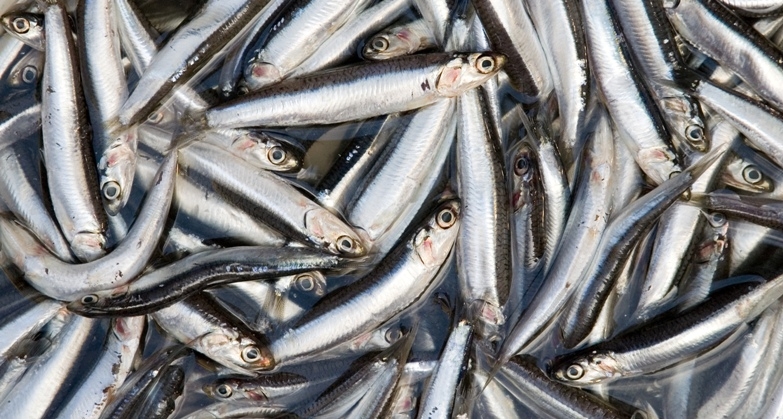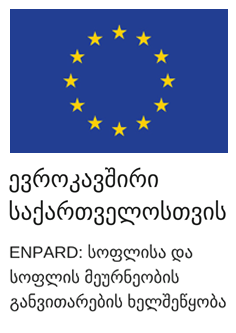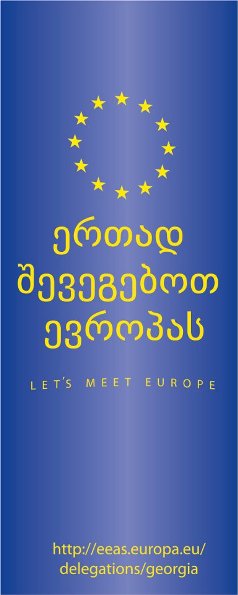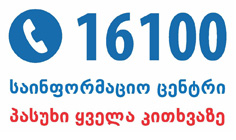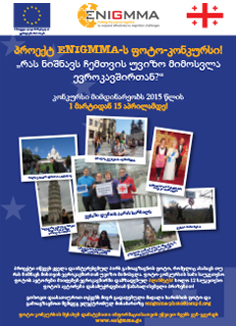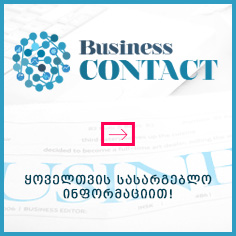Negotiations with Turkey in the Final Stage

Products made with Turkish raw materials and labeled as Georgian will be exported to Europe directly from Georgia
“Today Turkish companies operating in Georgia export their products to Europe via Turkey. After the finalization of the agreement, however, they will export directly from Georgia, consequently increasing investments.”
Products made with Turkish raw materials and labeled “Made in Georgia” may be exported to the EU market directly from Georgia as early as the end of 2015. The DCFTA agreement with the European Union enables Georgia to provide the EU market with goods produced with material from Turkey and to export them tariff-free. The relevant provision is defined in the Association Agreement as Diagonal Cumulation. A free trade agreement between parties is a mandatory precondition for the application of this principle. Relevant negotiations are underway with Turkey, with which Georgia already enjoys free trade.
According to Mariam Gabunia, Deputy Head of the Department for Foreign Trade and International Economic Relations under the Ministry of Economy, “Georgia is a small country with scarce raw materials, so it is very important to have Turkey as the source of raw materials, albeit only for manufactured goods. Diagonal cumulation does not apply to agricultural goods since the customs agreement between the European Union and Turkey does not cover these products. We are talking about manufactured products only, and enhancing this raw material supply is very important to us,”
Today six textile companies established with Turkish investments operate in Georgia. They use raw materials imported from Turkey to produce goods in Georgia and then transport them back to Turkey in order to have them exported to EU markets. If they were exported directly from Georgia, they would be taxed since so-called cumulation has yet to enter into force. The International Investors Association informed eugeorgia.info that the interest of Turkish companies in Georgia is growing, but everyone is waiting for the finalization of the agreement.
“Import quotas no longer apply to Georgian goods exported to Europe, which is very good” says Osman Mzhavandze, Director of the International Investors Association says. “In addition, shipped goods will be labeled “Made in Georgia”. We have received numerous calls from Turkish companies. Today Turkish companies operating in Georgia export their products via Turkey, but after the finalization of the agreement, they will export directly from Georgia, consequently increasing investments.”
Turkey itself enjoys free trade with the European Union, and a customs agreement between the two parties came into force as early as 1995. According to the Ministry of Economy, however, Georgia’s simple tax system and affordable work force are what attract Turkish investors. This argument is seconded by the International Investors Association, adding, however, that investors encounter serious problems due to a lack of qualified workers.
“They prefer Adjara because it is closer to Turkey” Mzhavanadze says. “Once finished here, the product can be delivered to Istanbul in 24 hours. Nonetheless, we are against opening additional plants in Achara, since there are not enough people. Georgia has affordable work force, but qualified professionals are a problem. We’re negotiating the opening of a special school where people will learn different crafts, which will help not only the textile business but tourism as well. Qualifications are a problem in every field.”
Adjara Textile, Batumi Tex, and BTM Textile are the largest textile companies established in Georgia with Turkish investments, and all three operate in Adjara. Achara Textile exports 10 million USD worth of products every year, while Batumi Tex and BTM Textile export 3,900 million and 15 million USD, respectively.
Adjara Textile produces Puma, Adidas, and other branded kits for different soccer teams, such as Borussia Dortmund, Arsenal, Galatasaray, and others. Negotiations are also currently underway with Victoria’s Secret. Until these companies introduce these products to EU markets tariff-free as Georgian goods, the Georgian Government is scrutinizing a package of amendments to be made to the trade agreement with Turkey.
According to Mariam Gabunia, progress is being made. “Last year, in November, at the Georgia-Turkey Joint Committee Meeting, the Georgian side suggested that amendments necessary to enact diagonal cumulation should be made to the free trade agreement between Georgia and Turkey. The Turkish side gave us a strong and positive response, though details remain to coordinate. They already provided us with a package of amendments to be made to the trade agreement.”
Diagonal cumulation is a common international trade principle which involves interaction between more than two countries bound by free trade agreements. Where more than two countries participate in the process of production, the end product is considered to have been made in the country where the final stage of production takes place.
In late August 2015, the Georgian Government plans to launch free trade negotiations with the European Free Trade Association, which includes Iceland, Switzerland, Norway, and Lichtenstein. These country already enjoy free trade with the European Union. A similar agreement with Georgia, if signed, will allow for the application of diagonal cumulation as well.
Maiko Gabuldani


